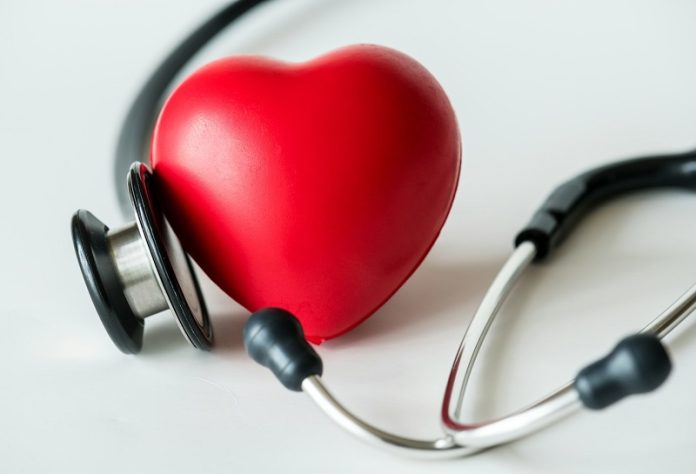
Heart disease is often thought of as a man’s problem, but it’s actually the leading cause of death for women as well.
Unfortunately, heart disease in women can look different than it does in men, and the early signs are often more subtle and easier to miss.
Knowing what to watch for can make a big difference in catching heart disease early, when it’s most treatable.
One of the biggest challenges in recognizing heart disease in women is that the symptoms are often less obvious than the classic signs like chest pain or pressure.
While men are more likely to experience crushing chest pain, women’s symptoms can be more varied and less intense, which can lead to delays in getting the right diagnosis and treatment.
Research has shown that women are more likely than men to experience what are called “atypical” symptoms of heart disease.
These can include fatigue, shortness of breath, nausea, lightheadedness, or discomfort in the back, neck, jaw, or stomach.
For example, a study published in the journal Circulation found that nearly 70% of women who had a heart attack reported feeling unusually tired or weak in the days or weeks leading up to it.
This kind of fatigue is not the same as just feeling tired after a long day—it’s a deep, unexplained exhaustion that doesn’t go away with rest.
Another common early sign of heart disease in women is shortness of breath. This can happen with or without chest pain and might be noticed during routine activities, such as walking up stairs or carrying groceries.
Women may also experience pain or discomfort in areas other than the chest, such as the arms, shoulders, back, neck, jaw, or upper stomach.
These symptoms are often mistaken for other conditions like indigestion, muscle pain, or stress, but they can be signs that the heart isn’t getting enough oxygen.
In addition to these symptoms, women with heart disease may also experience sleep problems, such as waking up in the middle of the night or having trouble falling asleep.
A study in the Journal of the American Heart Association found that women who had trouble sleeping were more likely to develop heart disease than those who slept well.
This is because sleep problems can contribute to high blood pressure, inflammation, and other factors that increase the risk of heart disease.
One of the most important things to know about heart disease in women is that it often develops silently over time. Plaque can build up in the arteries that supply blood to the heart, a condition known as atherosclerosis, without causing any symptoms until the blockage becomes severe.
This slow buildup can go unnoticed for years, which is why it’s so important for women to be aware of their risk factors and to take preventive measures.
Risk factors for heart disease in women include high blood pressure, high cholesterol, diabetes, smoking, obesity, lack of physical activity, and a family history of heart disease.
Certain life stages, such as menopause, can also increase the risk because of changes in hormone levels that affect the heart and blood vessels.
To protect yourself from heart disease, it’s important to pay attention to your body and to speak up if something doesn’t feel right.
Even if your symptoms are mild or unusual, it’s better to be cautious and get checked out by a doctor. Early detection and treatment can make a big difference in preventing a heart attack or other serious complications.
In addition to recognizing the early signs of heart disease, it’s also crucial to take steps to reduce your risk. This includes eating a healthy diet, staying active, not smoking, managing stress, and keeping your blood pressure and cholesterol levels in check.
Regular check-ups with your doctor can help monitor your heart health and catch any potential problems before they become serious.
In conclusion, heart disease in women can often present with subtle and varied symptoms that are easy to overlook. By being aware of these early signs and paying attention to your body, you can take action to protect your heart health.
Don’t ignore unusual symptoms or brush them off as something less serious—your heart might be trying to tell you something important.
If you care about heart health, please read studies about top foods to love for a stronger heart, and why oranges may help fight obesity, diabetes, and heart disease.
For more health information, please see recent studies about simple guide to a 7-day diabetes meal plan, and why you should add black beans to your plate.
Copyright © 2024 Knowridge Science Report. All rights reserved.



